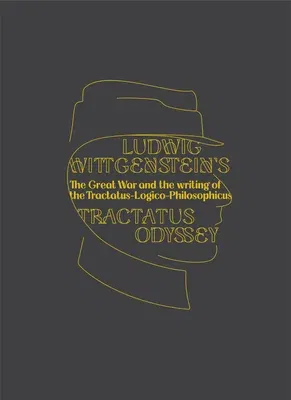Charts Wittgenstein's intellectual development, personal struggles,
and movements from Vienna to Cambridge and Norway, and to the
battlegrounds of WWI, where he completed what was destined to become the
most influential philosophy book of the 20th century.
Ludwig Wittgenstein's way to the Tractatus Logico-Philosophicus, one
of the ground-breaking works in the history of philosophy, can rightly
be termed an Odyssey. Both in terms of his movements and his
intellectual development in the course of writing it, the Tractatus
incorporated an exciting, improbable journey. A compendium of scholars
has come together at the 100th anniversary of the work's first official
publication in 1922 to detail the main stations in Wittgenstein's life
that would entirely transform philosophy. The years 1912 to 1922 are
illuminated through photos, military maps, and letters against the
backdrop of one of the most dramatic periods in world history.
The complex theory of language developed by Wittgenstein In the
Tractatus had an enormous influence not only on philosophy, but
extended also to literature, music, film, painting, architecture,
anthropology, and economics. Its uniqueness and rigor challenge our
perceptions to this day.

